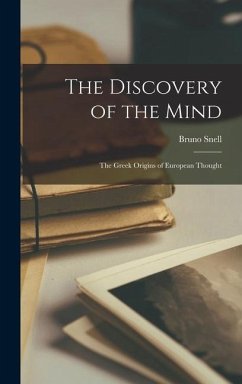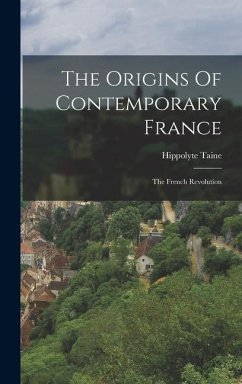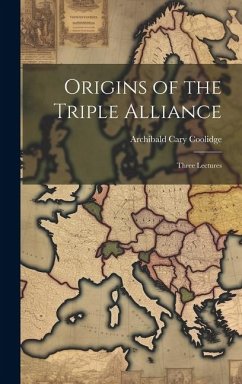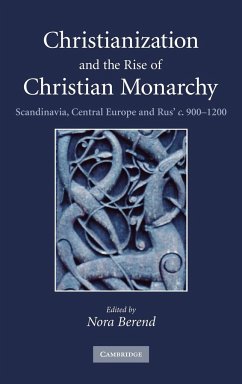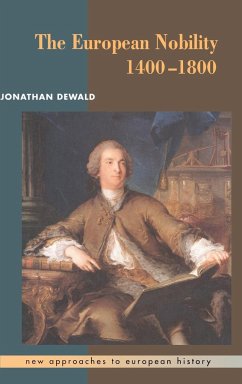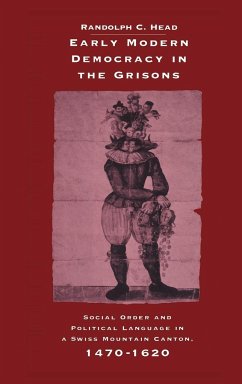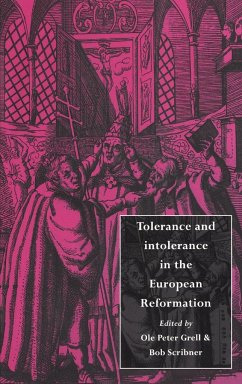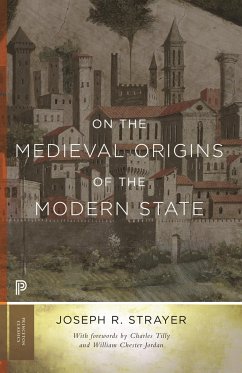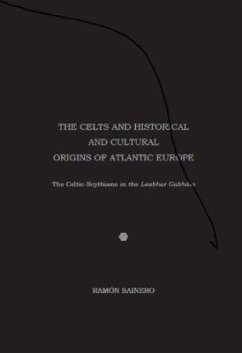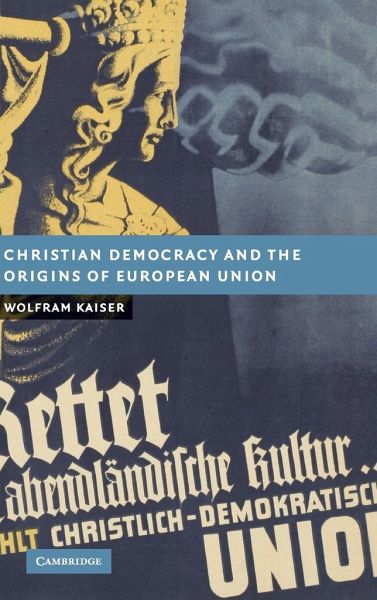
Christian Democracy and the Origins of European Union
Versandkostenfrei!
Versandfertig in 1-2 Wochen
117,99 €
inkl. MwSt.
Weitere Ausgaben:

PAYBACK Punkte
59 °P sammeln!
Major study of the role of European Christian democratic parties in the making of the European Union. It radically re-conceptualises European integration in long-term historical perspective as the outcome of partisan competition of political ideologies and parties and their guiding ideas for the future of Europe. Wolfram Kaiser takes a comparative approach to political Catholicism in the nineteenth century, Catholic parties in interwar Europe and Christian democratic parties in postwar Europe and studies these parties' cross-border contacts and co-ordination of policy-making. He shows how well...
Major study of the role of European Christian democratic parties in the making of the European Union. It radically re-conceptualises European integration in long-term historical perspective as the outcome of partisan competition of political ideologies and parties and their guiding ideas for the future of Europe. Wolfram Kaiser takes a comparative approach to political Catholicism in the nineteenth century, Catholic parties in interwar Europe and Christian democratic parties in postwar Europe and studies these parties' cross-border contacts and co-ordination of policy-making. He shows how well networked party elites ensured that the origins of European Union were predominately Christian democratic, with considerable repercussions for the present-day EU. The elites succeeded by intensifying their cross-border communication and coordinating their political tactics and policy making in government. This is a major contribution to the new transnational history of Europe and the history of European integration.





